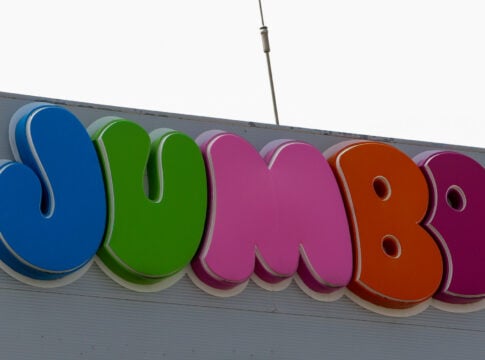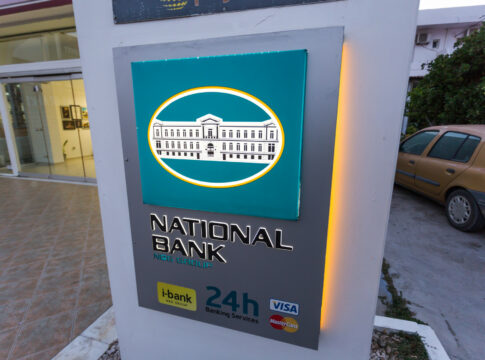According to the findings of the survey, conducted by INEMY-ESEE on behalf of Visa, the digital payment channel is on the rise and card payments have become particularly widespread and play a leading role in the daily life of Greek consumers.
The development of e-commerce and the familiarization of the new generation with technology and electronic money have contributed significantly to this.
According to the survey:
-more than 8 out of 10 take cards and/or a digital wallet with them when they leave their home,
-1 in 3 chooses to carry exclusively cards or a digital wallet.
-4 out of 10 make monthly purchases from the internet and payment by card constitutes 71% of all payments.
However, a significant percentage of 29% stated that cash will always be the preferred payment method for Greeks, 47% are open to new solutions as long as they simplify the payment experience, while 37% argue that there is a need for further education in digital payments.
Almost 1 in 4 (24%) believe that Greeks have quickly and largely embraced digital payments, while a 5% would like to know the impact of their purchases on the environment.
“The payments landscape has changed radically”
According to Nikos Petrakis, Country Manager of Visa in Greece, “the landscape of payments has changed radically over the last years. We are especially pleased that digital payments are synonymous with convenience and security for most consumers.
It is equally encouraging to note that Greeks are open to adopting new payment trends, as long as they simplify and upgrade payment experiences.”
Shift to digital payments
Based on the results of the survey, card payments seems to have acquired a more central role in the everyday life of consumers.
Almost 7 in 10 (65%) use the cards to a “high” and “very high” degree during their daily transactions. A notable proportion rely exclusively on cards (24%), surpassing those who choose cash exclusively (18%).















